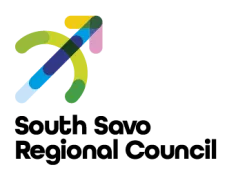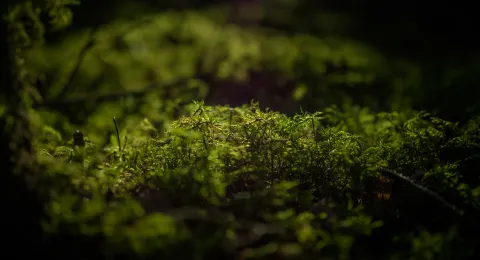As peat gradually becomes phased out in Finland, the agricultural sector in Finland including South Savo is experiencing consequential effects. Notably, peat serves as a prominent source of animal bedding, and as its availability diminishes, a quest for suitable alternatives ensues. While options such as straws and wood shavings exist, an energy crisis in 2022 incited intensified competition for wood-based materials intended for energy generation. Furthermore, the conflict in Ukraine triggered a disruption of synthetic fertilizers production and supply chain, thereby reemphasizing the significance of locally sourced energy and biofertilizers. This research project aims to investigate a novel value chain concerning bedding materials. The proposed approach involves utilizing reed canary grass (RCG) for animal bedding, coupled with the utilization of bedding-derived manure for biogas production.
Subsequently, the digestate generated from the biogas plant serves as a biofertilizer. RCG is a pertinent focal point due to its potential to thrive in marginal lands, such as former peatlands, and its capacity as a multi-year carbon-sequestering crop. Previous research indicates that RCG exhibits comparable properties to peat as a bedding material. Furthermore, RCG shows greater suitability for biogas production relative to wood-based bedding materials. Notwithstanding, certain aspects, such as water retention capability, dust generation concerns, and biogas production potential, could benefit from material pretreatment interventions.
Hence, the primary objective of this project is to evaluate an economically viable and ecologically sustainable value chain of RCG-based bedding materials. This value chain subsequently integrates biogas and biofertilizer production. The project aims to achieve its goals through the five distinct work packages:
- The LUT Separation Science Laboratory will employ diverse material pretreatment methodologies to enhance the characteristics of RCG as a bedding material, alongside other benchmark bedding materials such as straws, wood shavings, and peat.
- Original and pretreated materials will be demonstrated within local stables and barns for practical testing and produce the bedding-slurry. A 1 000-liter Manpas manure sanitation device is being tested on the farm to investigate its suitability for sanitizing manure.
- The bedding-derived manure's potential for biogas production will undergo rigorous assessment at the LAB University of Applied Sciences' Circular Economy Laboratory. Moreover, the digestate's nutritional composition will be analyzed to ascertain its viability as a fertilizer and its capacity as a replacement to synthetic fertilizer.
- The LUT Laboratory of Bioenergy will conduct an evaluation of the value chain's carbon handprint, along with an economic viability analysis and an assessment of the proposed contribution to the economic vitality of the rural region.- Ultimately, all participating laboratories will collaborate in documenting and disseminating the project's outcomes. This dissemination will occur through open-access reports, scholarly publications, and active involvement in scientific seminars, ensuring widespread accessibility to the generated knowledge.
In summation, this project addresses the evolving challenges within the agricultural sector arising from the diminishing availability of peat. By proposing an innovative value chain centered on RCG-based bedding materials and their subsequent integration into biogas and biofertilizer production, the project strives to offer both practical solutions and insightful contributions to the realms of sustainability, energy generation, and rural economic development.
Project period:
1.12.2023-31.12.2025
Project funding:
South Savo Regional Council,
Suur-Savon Energiasäätiö



Contact information


Partners


